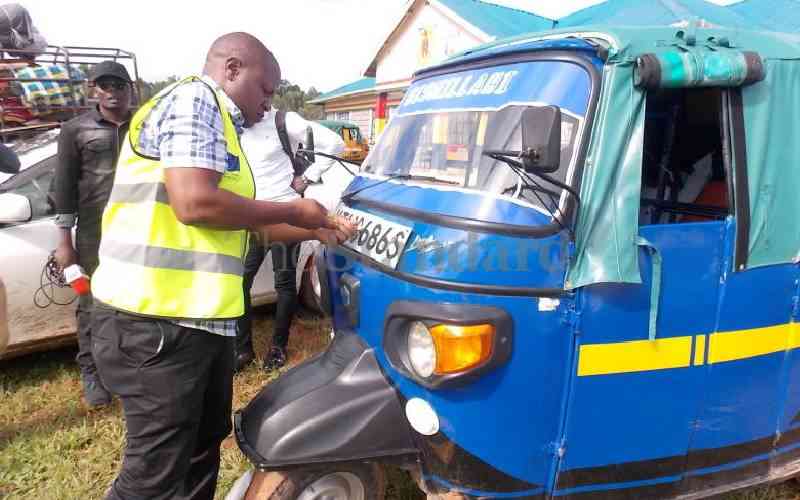×
The Standard e-Paper
Home To Bold Columnists

The Kenyan taxpayer may lose Sh1.19 billion because the Transport and Safety Authority (NTSA) has failed to enforce the use of smart card driving licenses, Auditor General Nancy Gathungu has said.
In her latest audit report for the year that ended June 30, 2023, Gathungu says the impending loss can be remedied if the roads agency can enforce the smart licence project.